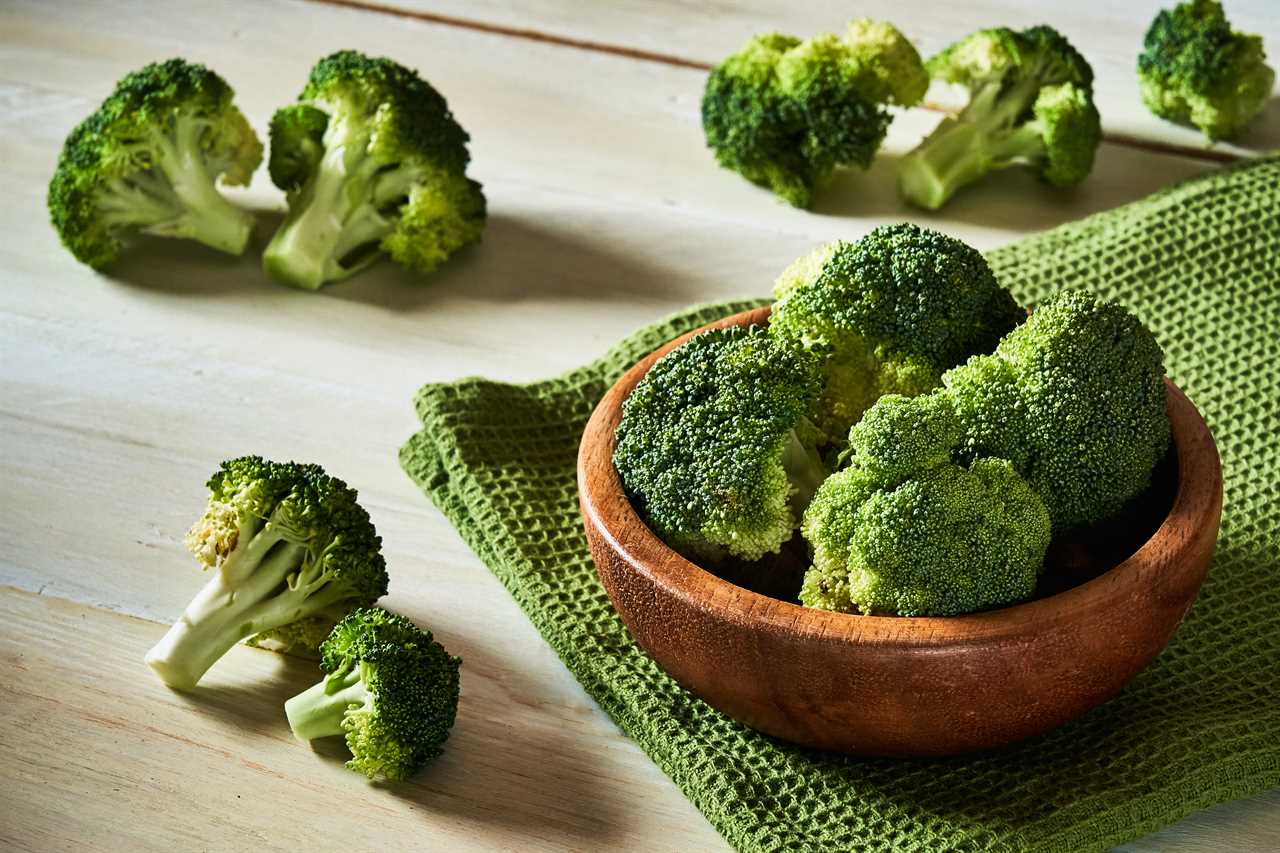
In a landscape where dietary choices profoundly influence health outcomes, a recent study unveils the potential of cruciferous vegetables in mitigating the risk of bowel cancer. Amidst the backdrop of 44,000 new cases of bowel cancer annually in the UK, researchers have discerned a 20% decrease in risk associated with vegetables like broccoli. This revelation emerges against the stark contrast of processed meats' detrimental impact on bowel cancer rates, underscoring the nuanced interplay between food and health.
Unveiling the Protective Effects
Delving into data from 17 studies encompassing over half a million individuals, scientists have pinpointed the optimal intake of cruciferous vegetables for maximal protection. The intricate web of phytochemicals within these vegetables, including isothiocyanates, flavonoids, and carotenoids, unfolds a tapestry of anti-cancer mechanisms. By inhibiting carcinogenic enzymes, inducing cell death in malignant cells, and curbing blood vessel formation at tumour sites, these compounds orchestrate a sophisticated defence against cancer development.
The Dosage Dilemma
As researchers navigated the labyrinth of vegetable consumption, a dosage threshold emerged: 20 to 40g of cruciferous veggies daily marked the pinnacle of risk reduction. Beyond this range, the protective effect plateaued, hinting at the delicate balance between quantity and efficacy. Moreover, the study hints at geographical nuances in the protective impact, with variations observed across continents, adding layers of complexity to the dietary-cancer risk paradigm.
Contextualising the Findings
While the promise of heightened cruciferous vegetable intake in combatting bowel cancer is tantalising, caution is urged in interpreting these findings. Acknowledging the study's limitations, such as divergent study designs and dietary assessment methods, serves as a poignant reminder of the intricate tapestry of nutritional research. Beyond cancer prevention, these vegetables wield a multifaceted shield against heart disease, underscoring their pivotal role in holistic health maintenance.
Not solely confined to cancer prevention, cruciferous vegetables showcase a broader spectrum of health benefits, from cardiovascular protection to stroke and heart attack risk mitigation. Laden with isothiocyanates, nitrates, and vital nutrients, these vegetables emerge as potent allies in the quest for overall well-being. Furthermore, their affordability, exemplified by broccoli's modest price point of 70p, democratises access to health-boosting superfoods.
In conclusion, the intricate dance between diet and disease risk unfolds a narrative of complexity and promise. As science unravels the mysteries of food's impact on health, the saga of cruciferous vegetables in the realm of cancer prevention and overall well-being beckons us to tread thoughtfully and mindfully towards a healthier future.






